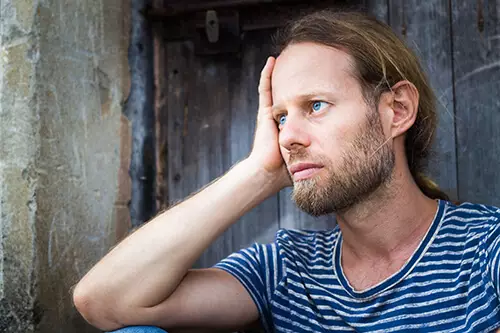Often, people use “opioid” and “opiate” interchangeably. However, while they are similar, they definitely aren’t the same. Knowing the difference between opioid vs opiate is crucial for anyone seeking addiction treatment. Understanding prescription drug addiction will help you see the signs you have a problem.
Opioid vs Opiate: What’s the Difference?
The poppy plant contains opium and a number of other compounds manufacturers use to create these drugs. Substances that come directly from the poppy plant are opiates. A few common examples include morphine, heroin, and codeine.
On the other hand, manufacturers chemically synthesize opioids from the poppy plant. While containing similar properties as opiates, both are nearly identical – molecularly – and bind to the brain’s opioid receptors.
Generally, people think of opioids as synthetic substances such as oxycodone and Percocet. However, the term opioid also refers to opiates as well. For classification purposes, all opiates are opioids even though opioids are not opiates. This is an important differentiation to make.
Which is More Dangerous?
Overall, opioids and opiates are both highly addictive substances that cause dependency only after a few uses. However, just because doctors often prescribe opioids doesn’t make them safer than opiates. The truth is, many addicts develop dependencies after taking opioids for legitimate reasons. Consequently, these individuals may later switch to opiates when they no longer have access to their drug of choice.
Furthermore, some users even try to manufacture synthetic versions of opiates or opioids themselves. This is especially dangerous because it’s virtually impossible to know the exact contents of certain formulas. Therefore, the odds of overdose or adverse side effects exponentially increase when taking home-made drugs.
Signs of an Addiction
An individual with an opiate or opioid addiction displays certain behavioral signs including:
• Withdrawing from friends and family
• Neglecting one’s appearance and personal hygiene
• Spending more time with other substance abusers
• Showing no interest in outside activities
• Having financial difficulties or borrowing large sums of money
If you or a loved one displays these signs, seek help immediately. The sooner you undergo drug rehab, the sooner you’ll start living a fulfilling life.
Treatment Programs at 1st Step Behavioral Health
The professionals at 1st Step Behavioral Health in Pompano Beach, Florida offer the following comprehensive programs to help you overcome your opioid or opiate addiction:
• Art and music therapy
• Psychotherapy
• Family counseling
• Holistic therapy
• Drug detox
Above all, the staff at 1st Step Behavioral Health believe that honest, caring support and hard work will always help you to reach successful sobriety. Contact us today for a confidential intake assessment.
We are Here to Help
Opioids and opiates are harmful substances that take complete control of your life. The best way to regain control is by visiting a quality rehab facility. Contact us today at (855) 425-4846 to begin your life-changing journey to recovery and to learn more about opioid vs opiate.

